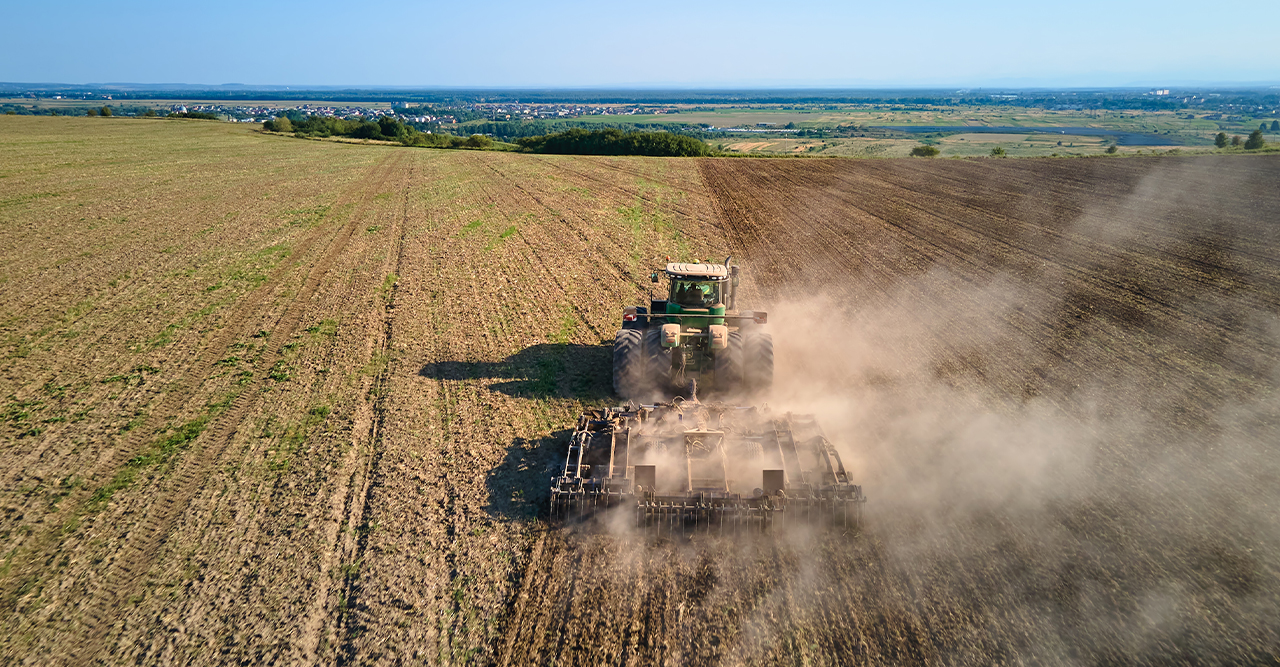Just like human beings, plants require a significant amount of nutrients to ensure robust and healthy growth. Sadly, over-farming and chemical usage have depleted Florida soil of nutrients, making agriculture more challenging and harming the natural environment. The utilization of organic soil amendments, however, can convert poor garden soil into a nutrient-rich medium that can supplement agricultural soil.

Some of the essential plant nutrients that are being depleted include:
Primary Nutrients: Nitrogen, phosphorus, and potassium (N-P-K) all play a significant role in agriculture and the health of a plant, impacting fruit, foliage, root, and flower growth. These nutrients are also vital for disease protection.
Secondary Nutrients: Magnesium, calcium, and sulfur (Mg-Ca-S) are required in lower amounts than the primary nutrients but are just as essential to the overall health of the plant. The lack of these three elements is often the reason that soil amendments are needed.
Micronutrients: Elements in this category are needed in much smaller amounts and are often contained in soil amendments with primary and secondary nutrients. Micronutrients include boron (B), zinc (Zn), iron (Fe), manganese (Mn), chlorine (Cl), copper (Cu), molybdenum (Mo), nickel (Ni), and cobalt (Co).
The Importance of Organic Soil Amendments
Organic soil amendments are a fantastic natural option that can be used in place of chemical fertilizers. However, before adding anything (even organic products) to the soil, a soil test should be performed to determine the exact composition of the existing soil. After testing, it will become clear which amendments are appropriate.
The term “organic” indicates that the nutrients are derived from the remains or by‐products of a once‐living organism. These products give farmers an alternative to synthetic inorganic fertilizers that have been associated with soil and surface water deterioration. One of the advantages of organic fertilizers is that nutrients – especially the (NPK) nutrients – are provided to growing plants over an extended period of time, delivered via a slow-release process. The application of organic amendments to agricultural soils makes excellent use of recycled natural resources and minimizes the need of synthetic inorganic fertilizers.
Soil structure, nutrient composition, and microbiological activity are typically improved following organic amendment applications. Numerous research studies have been conducted on organic soil amendments and their impact on crop yield and quality, soil erosion and nutrient availability, soil enzyme activity, and bioremediation of heavy metals in organic amendments. (Source)
As mentioned, soil testing is the best first step to establishing the current composition of your soil and which nutrients may be needed. Remember, too much of a good thing can also damage your crops. The goal of using organic soil amendments is to feed and nourish the soil, not the plants, but healthy soil will absolutely benefit the health of the plants growing in it.
Veransa: Committed to Organic Soil Enrichment
The Veransa Group is committed to perfecting the green loop – that is, recycling organic green and wood waste into products that can be used to nourish our local soil. Our line of mulches, soils, and compost are available to large-scale farming operations, as well as to homeowners and landscapers. From picking up storm debris after a hurricane to selling soil amendments, our company is dedicated to ensuring that Florida thrives.
If you need to recycle yard waste or purchase products for your farm, we welcome your call – or invite you to visit one of our regional drop-off centers and stores.



